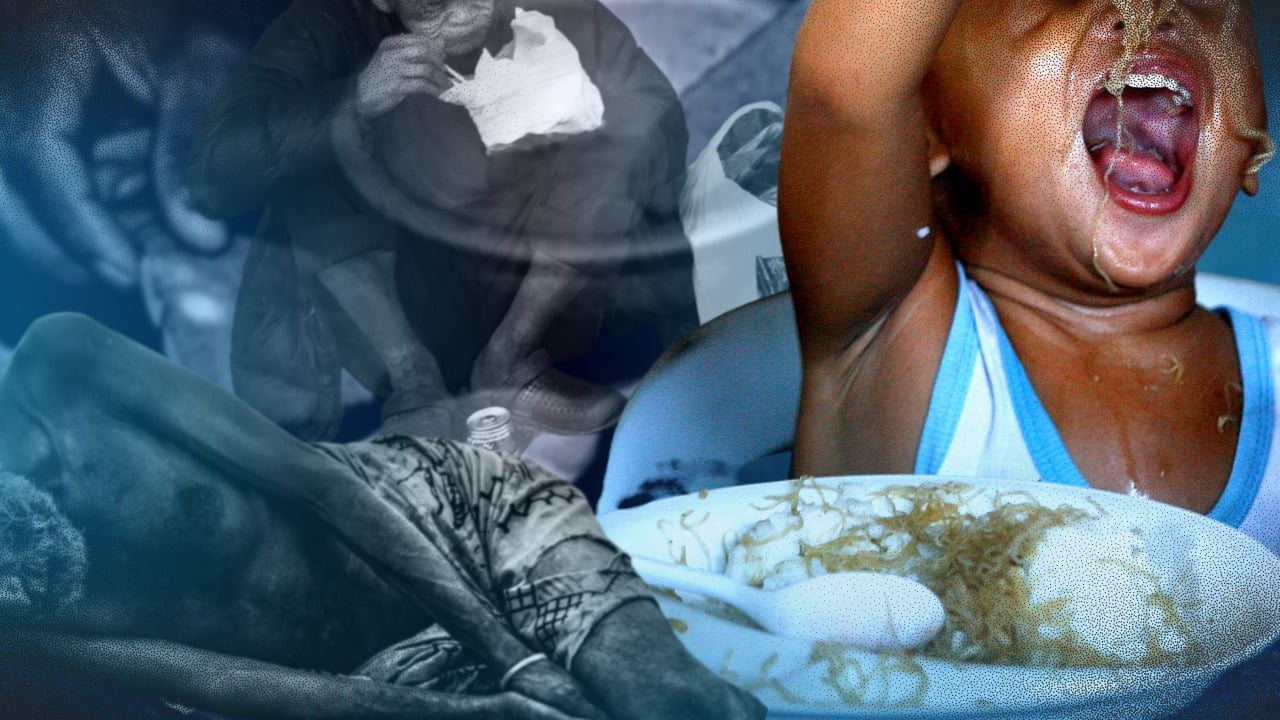SWS survey: More Filipinos went hungry in last 3 months
MANILA, Philippines — Hunger affected more Filipinos in the last three months with 17.6 percent of families experiencing involuntary hunger at least once, up from 14.2 percent in March, according to the Social Weather Stations (SWS).
The result of the survey conducted from June 23 to July 1 was the highest since it peaked at 30.7 percent during the COVID-19 lockdowns in September 2020.
Of the 17.6 percent of Filipino families who experienced involuntary hunger, 12.8 percent went through “moderate hunger,” while 4.9 percent cited “severe hunger.”
READ: When hunger and poverty go opposite
The SWS defines involuntary hunger as being hungry and not having anything to eat at least once in the past three months. “Moderate hunger” refers to those who went hungry “only once” or “a few times,” while “severe hunger” refers to those who experienced it “often” or “always.”
Article continues after this advertisementIn the previous survey conducted in March, 12.2 percent went through “moderate hunger,” while 2 percent experienced “severe hunger.”
Article continues after this advertisementHunger remained highest in Metro Manila, with 20 percent experiencing involuntary hunger (13.3 percent, moderate hunger and 6.7 percent, severe hunger).
In the Visayas, hunger fell slightly from 15 percent in March to 13.7 percent in June, with “moderate hunger” declining from 13.7 percent to 10.7 percent, and “severe hunger” rising from 1.3 percent to 3 percent.
In Luzon outside of Metro Manila, hunger rose from 15.3 percent to 19.6 percent. “Moderate hunger” also went up from 13.1 percent to 14.5 percent while “severe hunger” jumped from 2.1 percent to 5.1 percent.
In Mindanao, hunger rose sharply from 8.7 percent to 15.7 percent. “Moderate hunger” increased from 8 percent to 10.7 percent, while “severe hunger” also went up from 0.7 percent to 5 percent.
The SWS survey, using face-to-face interviews, asked 1,500 adult respondents whether they had experienced hunger within the last three months of the survey taking place as well as how often these incidents occurred.
The survey also had a sampling margin error of plus or minus 2.5 percent for national percentages, plus or minus 4 percent for Luzon outside of Metro Manila, and plus or minus 5.7 percent each for Metro Manila, the Visayas and Mindanao. —Inquirer Research
